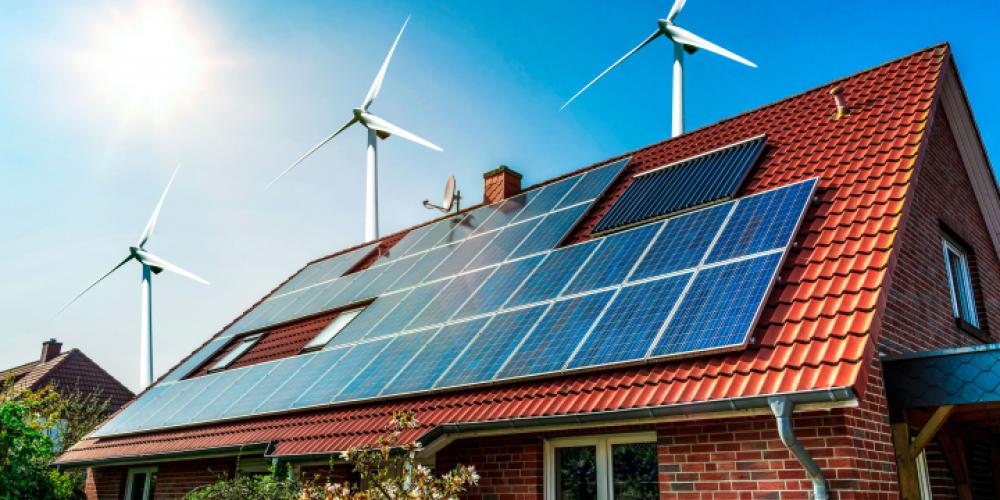
The aim of the RENAISSANCE project is to balance consumption and production of wind and solar power via local micro-grids in which citizens and businesses are both consumers and producers. Local grids also allow for energy trading within and among communities, increasing the amount of locally produced energy and the share of renewable energy as a whole. “Connected energy communities are considered top players by RENAISSANCE,” says Prof. Coosemans. “Its ambition is to significantly improve the uptake of local integrated renewable energy grids and likely reduce consumer prices by at least 10-15%.”
To drive innovations for clean production and shared distribution of energy, the RENAISSANCE project has created real-world energy communities at four demo sites: Brussels Health Campus in Jette, a ski resort in Spain, a university campus in Greece and a small residential town in the Netherlands. Each site represents different end-user groups, integrates a different combination of energy vectors and faces diverse challenges in the design of local power grids.
The Brussels Health Campus is already home to a state-of-the-art microgrid that includes a thermal and electricity grid, waste water recovery and a high-speed fibre-optic telecom network. Energy production and storage include photovoltaics, three emergency generators and a total capacity of 2.5MWh in battery storage. This microgrid serves the campus’s hospital complex, 250 student dwellings, the faculty of health sciences, a primary school and a fitness centre. The focus points of this demo site are cutting-edge control technology and maximal reliability.
Innovations at the other demo sites include smart meters to record real-time energy consumption, incentivisation programmes and communication tools to increase citizen engagement, and demand-response actions to reduce consumption during peak hours and increase it during low energy cost periods. Four MOBI PhD researchers are coordinating RENAISSANCE, which has received 6M€ (1,3M€ for VUB) in funding via Horizon 2020. It was launched in May 2019 and runs until April 2022.